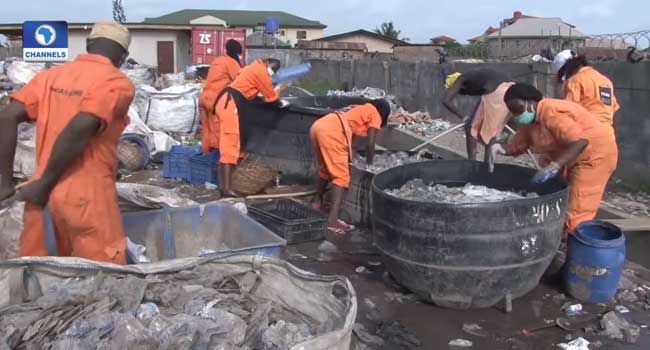
The State government in a press statement explained that the decision was informed by the need for a robust review of the environmental laws and procedures in the state.
The government noted that considering the present economic situation in the country, it was no longer appropriate to restrict movement of people for three hours in a mega city like Lagos at a time they should be pursuing commercial and entrepreneurial activities.
This is coming one year after a Federal High Court in Lagos proclaimed as unlawful, the restriction of citizens’ movement during the environmental sanitation exercise that is been observed in Lagos every month.
The preceding judge of the Federal High Court, Justice Mohammed Idris, ruled in March 2015 that such restraint of movement, in the name of sanitation, amounted to an infringement of the “citizens’ right to personal liberty and freedom of movement” protected by sections 35 and 41 of the Nigerian Constitution.
However, he nullified the power of the Lagos State Government and its agencies to arrest any citizen found moving, when the environmental sanitation exercise is being observed.
The environmental sanitation exercise is being observed from 7:00am to 10:00am on the last Saturday of every month in Lagos State.
Movement is been restricted in all parts of the state and violators are arrested and prosecuted by the state enforcement agencies.
Despite this court ruling, however, the State had continued to observe the environmental sanitation, with movement of people still restricted.

